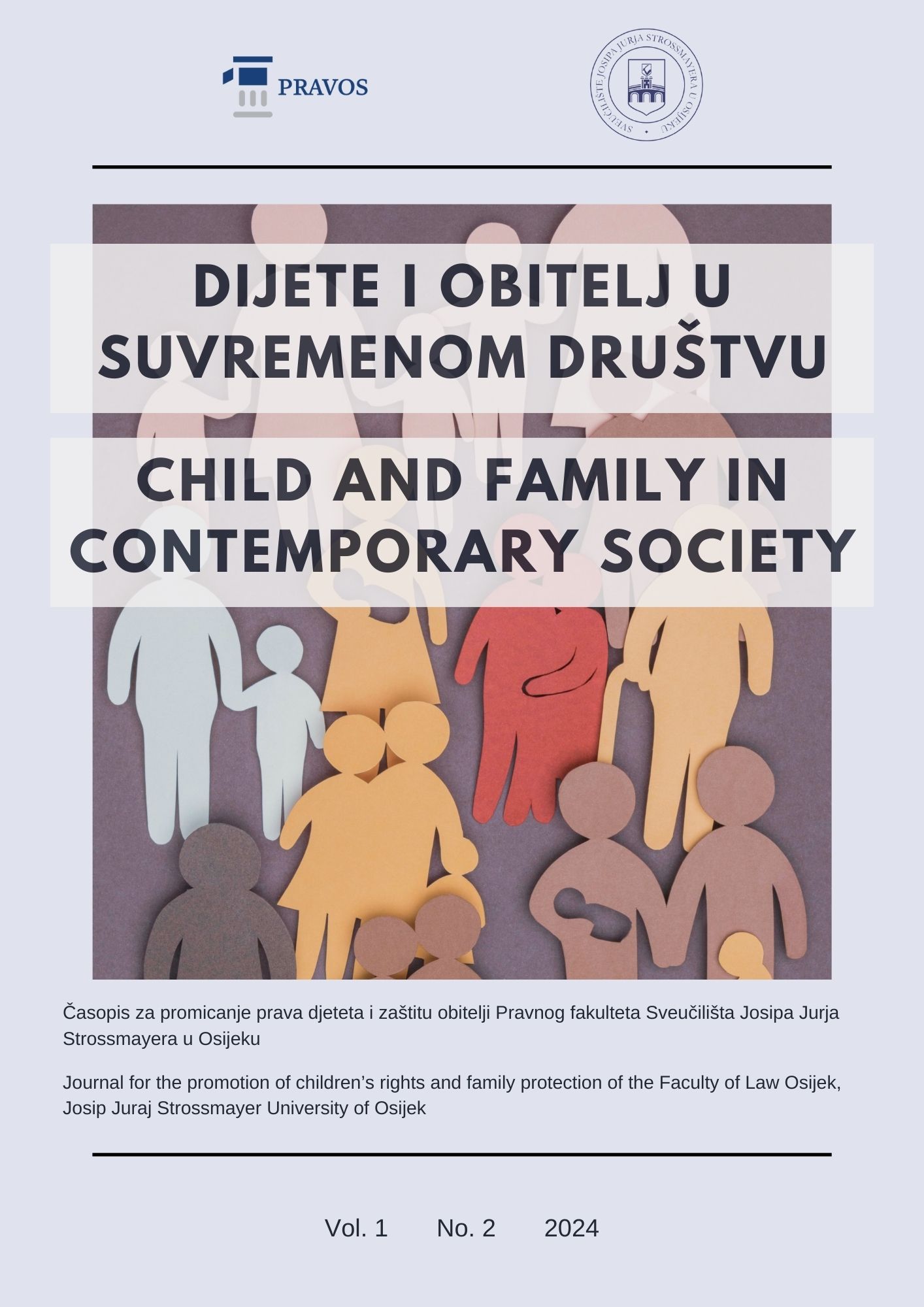MENTAL HEALTH OF FOSTER MOTHERS FOR CHILDREN
DOI:
https://doi.org/10.25234/dosd/33181Keywords:
foster parents for children, social support, psychological resilience, professional burnout, mental healthAbstract
The role of foster parents is demanding and responsible in the context of caring for children, and foster carers may experience stress that affects their burnout and mental health. The aim of this paper is to present a part of the results of a broader study that aimed to examine the contribution of sociodemographic characteristics, foster carers’ experiences, resilience, and social support, as well as sources of stress among foster carers for children, professional burnout, and its effects on the mental health of foster mothers (emotional state, anxiety, and depression). The study included 135 foster mothers for children. Using hierarchical regression analysis, the results showed that a greater presence of stress sources and emotional exhaustion predicted worse emotional states in foster mothers, whereas a higher level of personal achievement predicted better emotional states. Predictors of anxiety included a greater number of people under the foster mother's care, fostering a child with internalized behavioural problems, fostering a baby, and perceived low family social support. A greater number of people under foster mothers’ care, higher levels of emotional exhaustion, and perceived lower levels of social support from social workers are predictors of depressive symptoms. Understanding the mechanisms that predict the foster mothers’ mental health can help in creating interventions and treatments therefor, allowing to adequately meet the needs of children without appropriate parental care.
Downloads
Published
Issue
Section
License
Copyright (c) 2025 Anita Barišić

This work is licensed under a Creative Commons Attribution-NonCommercial 4.0 International License.


